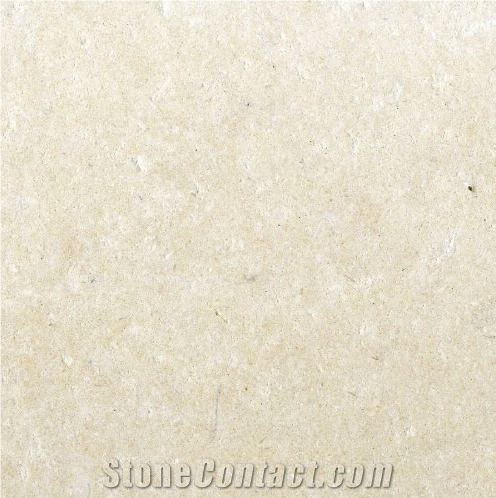Can Tunisia's Didone Limestone be used exterior applications in very windy climates?
Tunisias Didone Limestone can generally be used for exterior applications in windy climates. However, it is important to consider a few factors before using it:
1. Durability: Didone Limestone is a natural stone and has good durability. However, it is always advisable to check the specific characteristics of the stone and its resistance to weathering. Some limestones may have higher or lower durability, and factors like freeze-thaw cycles and strong winds can affect their long-term performance.
2. Maintenance: Like any natural stone, Didone Limestone may require regular maintenance in exterior applications. This can include periodic cleaning, sealing, and repairing any damage that may occur due to wind or weather exposure. It is important to assess whether the desired level of maintenance is feasible in a windy environment.
3. Wind load: In very windy climates, the wind load on exterior surfaces can be significant. It is essential to assess the specific wind resistance capabilities of the stone and ensure that the installation method, anchoring, and fastening systems are suitable for such conditions.
4. Expert advice: It is recommended to consult with a professional architect, engineer, or contractor who has experience working with natural stone in windy climates. They can provide specific guidance based on local conditions, the specific type and quality of Didone Limestone, and the desired application.
Ultimately, while Didone Limestone can potentially be used in exterior applications in very windy climates, it is crucial to assess its durability, maintenance requirements, wind load resistance, and seek expert advice to ensure a successful and sustainable installation.
Tunisias Didone Limestone can generally be used for exterior applications in windy climates. However, it is important to consider a few factors before using it:
1. Durability: Didone Limestone is a natural stone and has good durability. However, it is always advisable to check the specific characteristics of the stone and its resistance to weathering. Some limestones may have higher or lower durability, and factors like freeze-thaw cycles and strong winds can affect their long-term performance.
2. Maintenance: Like any natural stone, Didone Limestone may require regular maintenance in exterior applications. This can include periodic cleaning, sealing, and repairing any damage that may occur due to wind or weather exposure. It is important to assess whether the desired level of maintenance is feasible in a windy environment.
3. Wind load: In very windy climates, the wind load on exterior surfaces can be significant. It is essential to assess the specific wind resistance capabilities of the stone and ensure that the installation method, anchoring, and fastening systems are suitable for such conditions.
4. Expert advice: It is recommended to consult with a professional architect, engineer, or contractor who has experience working with natural stone in windy climates. They can provide specific guidance based on local conditions, the specific type and quality of Didone Limestone, and the desired application.
Ultimately, while Didone Limestone can potentially be used in exterior applications in very windy climates, it is crucial to assess its durability, maintenance requirements, wind load resistance, and seek expert advice to ensure a successful and sustainable installation.
 Tunisia
(Mateur (Arabic: ماطر), northern Tunisia)
Tunisia
(Mateur (Arabic: ماطر), northern Tunisia)

















